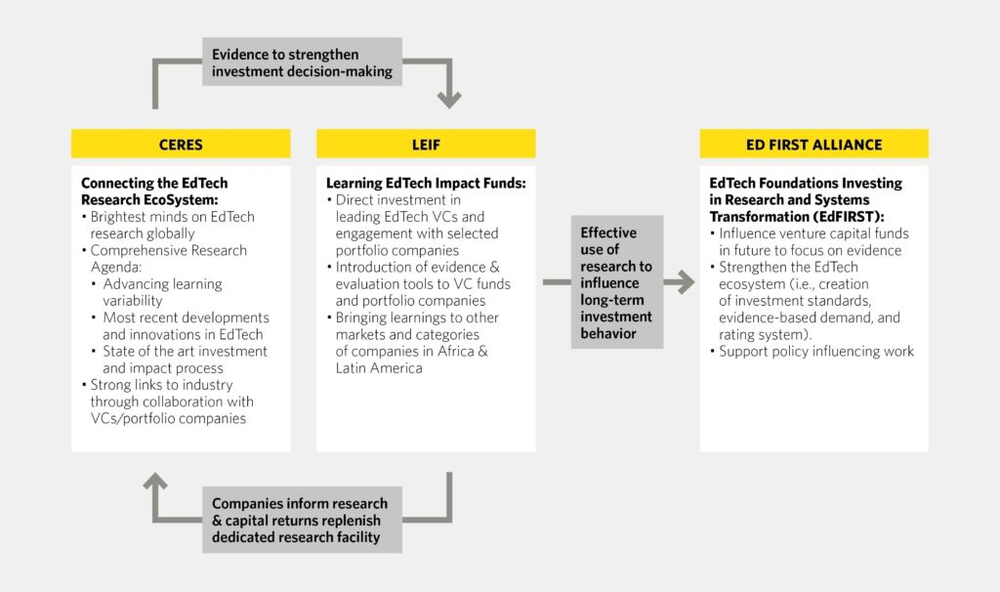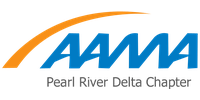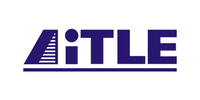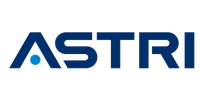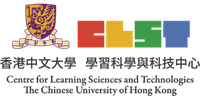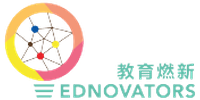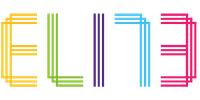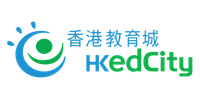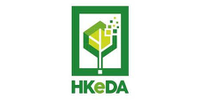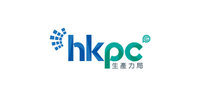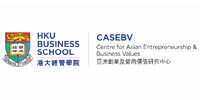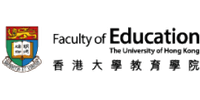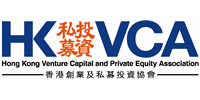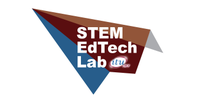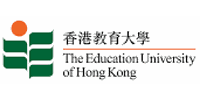Event Overview
Esperanza has been advocating the need to innovate how we teach and learn since its establishment in 2018. Recently it has been conducting a study to look into the education technology (EdTech) market developments and in what ways Hong Kong could develop itself as an education innovation and technology hub in the Greater Bay Area of China. Last November, we published an interim report on the global EdTech markets.
We have completed a draft report with a SWOT analysis of Hong Kong and recommendations on the way forward. You are invited to share your views on the recommendations at this online workshop on 29 March. We have also invited the Zurich based Jacobs Foundation to share how they work with VCs, universities and startups to unlock the social value of EdTech as a catalyst of learning innovation.
The event will be conducted in English and Cantonese (for breakout discussions).
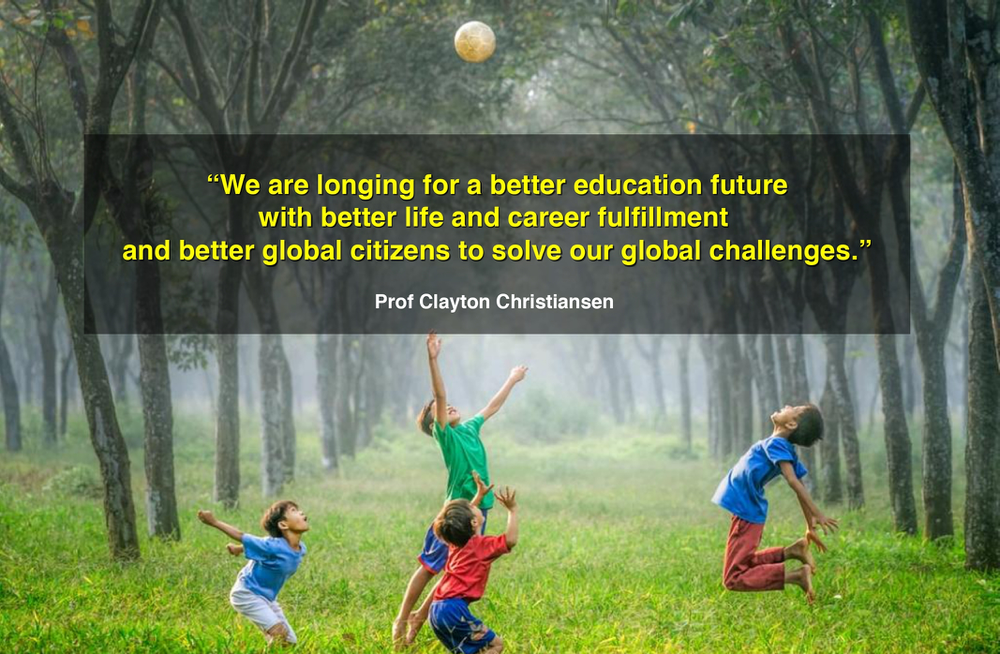
Mar 29, 2022
4:00 PM - 6:15 PM GMT+8
What is EdTech?
EdTech refers to the applications of technology to make teaching and learning more effective and inclusive, from early childhood education to workforce development and lifelong learning. EdTech is an enabler of e-learning, online learning and technology education. Whilst the education system will take years to evolve, technology can be a catalyst of change. If implemented effectively, EdTech can induce fundamental changes to how teaching and learning are conducted. EdTech can also drive innovation in various industries in the digital economy, and hence is essential to ensuring the competitiveness and sustainable development of every society.
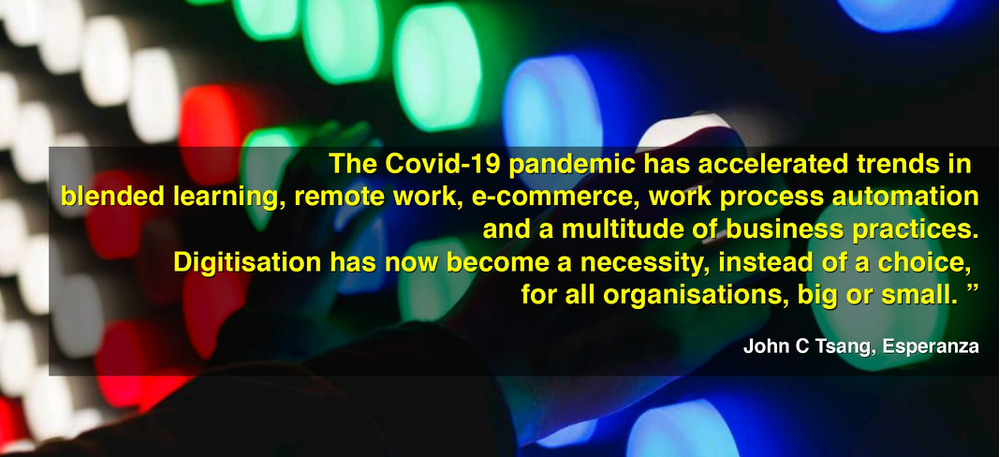
Covid-19 has accelerated the growth of EdTech in the last two years and created new market opportunities globally. The EdTech market was valued at US$ 254.80 billion in 2021 and is expected to reach US$ 605.40 billion by 2027, growing at a CAGR of 15.52%. EdTech Venture Capital reached 3 times the pre-pandemic investment levels in 2021, accelerating startups around the world with over US$20 billion of funding.
Theory of Change
Learning is now extending well beyond schools and the first twenty odd years of a person's life. Technology has made learning possible, anytime, anywhere and with anyone. The African proverb "it takes a village to raise a child' has taken on a new meaning with the world becoming the classroom.
We should be thinking of "learning for life ecosystems" with different players in the public, quasi-public, academic and private sectors, locally and internationally. An effective, system-wide change strategy (UNESCO 2012) requires the following elements:
- a focus on key strategies
- a small number of publicly stated, inclusive, ambitious yet achievable and well-grounded goals
- an emphasis on capacity building and a focus on results
- continuous learning with innovative ways
- importance of research and data
- effective use of resources
- strong implementation and follow-through
- multi-level engagement with strong leadership and a "guiding coalition"
- a regional perspective to harness the resources and strengths of different places
Having regard to the Theory of Change and the views collected in the study, Esperanza has come up with a set of recommendations grouped under 6 categories: goal setting, ecosystem development, capacity building, funding support, facilitating uptake of EdTech solutions and closer collaboration with GBA and other Mainland authorities. Workshop participants will receive an advance copy of the draft report.
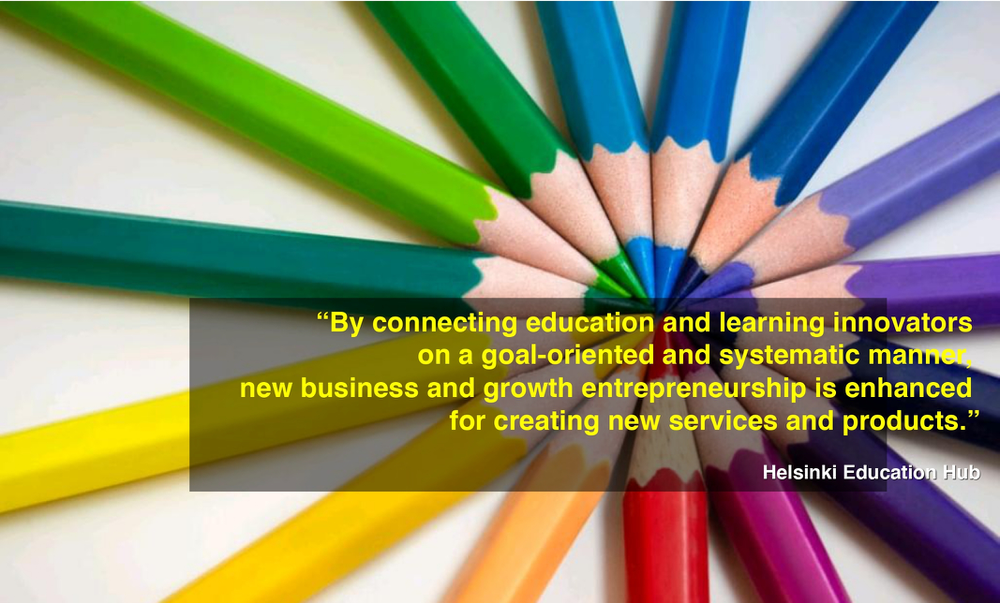
Work of Jacobs Foundation
The work of the Jacobs Foundation is a good example of how an ecosystem approach could create impactful and sustainable changes in teaching and learning. The Foundation has invested CHF 40 million to unlock the impact of EdTech globally through three major mutually reinforcing initiatives:
Learning EdTech Impact Funds (LEIF): A total of CHF 30 million is deployed through leading EdTech Venture Capital (VC) funds (e.g. Brighteye Ventures, Learn Capital, Rethink Education and Sparkmind.vc) to promote the use of evidence in EdTech among investors and portfolio companies.
Connecting the EdTech Research EcoSystem (CERES): Housed at University of California Irvine (UCI), CERES will spearhead pioneering, robust and open science structured around strategic learning and data sharing partnerships with EdTech companies and Education Foundations
Investing in Research and Systems Transformation (EdFIRST): The Foundation spearheads a fledgling alliance of leading foundations funding EdTech ventures and research to advance the industry's focus on evidence based impact.
Agenda
- 4:00 PM - 4:20 PMOpening AddressIntroducing key recommendations of the Esperanza study

John Tsang
Founder of Esperanza
- 4:20 PM - 5:10 PMKeynote Address and DiscussionMr John Soleanicov will share the 2030 strategy of Jacobs Foundation and how they enter into an innovative alliance with VCs, universities and EdTech startups.
The keynote will be followed by a discussion session with the university and VC partners of Jacobs Foundation: Pierre Dillenberg, Professor, Learning Technologies, Swiss Federal Institute of Technology ) and Litzie Maarek (Founding Partner, EduCapital)
Pierre Dillenberg
Professor, Learning Technologies at Swiss Federal Institute of Technology

Litzie Maarek
Founding Partner at EduCapital

John Soleanicov
Co-Lead Learning Schools at Jacobs Foundation
- 5:10 PM - 5:55 PMBreakout SessionsParticipants will join one of the 4 breakout sessions together with the facilitators and discussants:
1. Goal setting, ecosystem development and regional/international cooperations
2. Capacity building
3. Facilitating uptake of EdTech
4. Funding and investment
Dr Jason Chan
Assistant Dean (Innovation and Entrepreneurship) at College of Professional and Continuing Education, The Hong Kong Polytechnic University

Daniel Cheng
Chief Investment Officer at BlueTop Group

Ka tim Chu
Chairman at Hong Kong Association of Computer Education

Joyce Chung
Principal at Catholic Mission School

Alessandro Di Lullo
Co-Founder of SuperCharger Ventures

Kenneth Kwok
Founder and CEO of Global Citizen Capital

Dr Nancy Law
Professor at Faculty of Education, HKU

Ada Wong
Director of Ednovators

Ivan Wong
Public Sector Head (North Asia) at LinkedIn Hong Kong

Dr Leo Yeung
managing director and founder of MagiCube Limited

Katy Yung
Managing Partner at Sustainable Finance Initiative
- 5:55 PM - 6:15 PMSharing SessionFacilitators of the 4 breakout sessions will share their discussions.

Dr Jason Chan
Assistant Dean (Innovation and Entrepreneurship) at College of Professional and Continuing Education, The Hong Kong Polytechnic University

Alessandro Di Lullo
Co-Founder of SuperCharger Ventures

Ada Wong
Director of Ednovators

Katy Yung
Managing Partner at Sustainable Finance Initiative
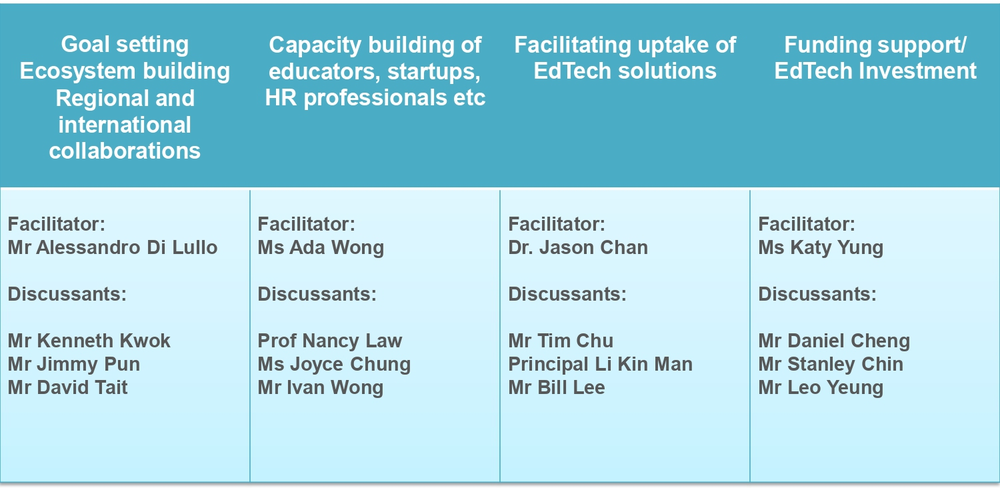
Speakers

Dr Jason Chan
Assistant Dean (Innovation and Entrepreneurship) at College of Professional and Continuing Education, The Hong Kong Polytechnic University
Read Bio
Daniel Cheng
Chief Investment Officer at BlueTop Group
Read Bio
Stanley Chin
CEO of Treasure Capital Asia
Read Bio
Ka tim Chu
Chairman at Hong Kong Association of Computer Education
Read Bio
Joyce Chung
Principal at Catholic Mission School
Read Bio
Alessandro Di Lullo
Co-Founder of SuperCharger Ventures
Read Bio
Kenneth Kwok
Founder and CEO of Global Citizen Capital
Read Bio
Pierre Dillenberg
Professor, Learning Technologies at Swiss Federal Institute of Technology
Read Bio
Dr Nancy Law
Professor at Faculty of Education, HKU
Read Bio
Bill Lee
Managing Director of JobsDB Hong Kong Limited
Read Bio
Kin Man Li
Principal
Read Bio
Litzie Maarek
Founding Partner at EduCapital
Read Bio
Jimmy Pun
CEO of Kaiyuan Education Fund
Read Bio
John Soleanicov
Co-Lead Learning Schools at Jacobs Foundation
Read Bio
David Tait
Founder/CEO of Mandarin Matrix Limited
Read Bio
John Tsang
Founder of Esperanza
Read Bio
Ada Wong
Director of Ednovators
Read Bio
Ivan Wong
Public Sector Head (North Asia) at LinkedIn Hong Kong
Read Bio
Dr Leo Yeung
managing director and founder of MagiCube Limited
Read Bio
Katy Yung
Managing Partner at Sustainable Finance Initiative
Read Bio

